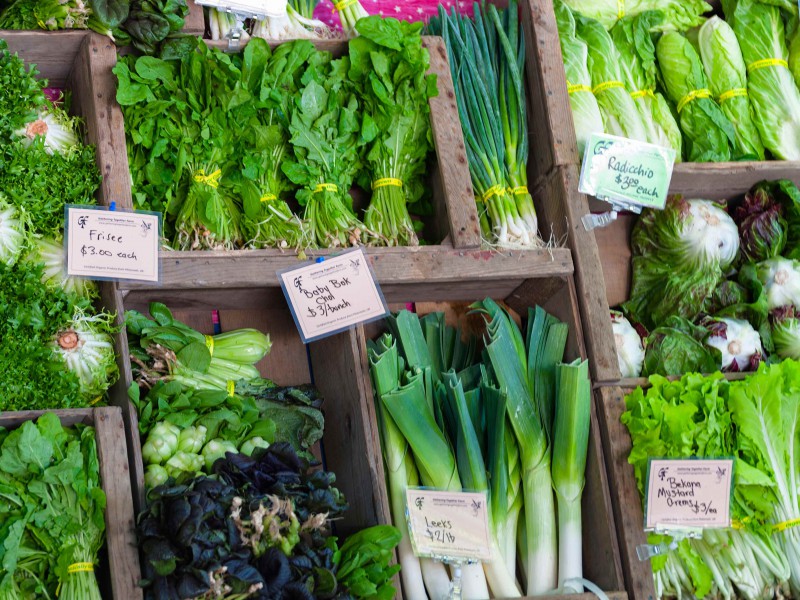

Even I get bored with the message that we should eat more fruits and vegetables. But it got my attention when I saw this: Eating more leafy green vegetables could save your heart and your brain.
Research published in the prestigious Journal of the American Medical Association (JAMA) looked at 20,000 people in China. What they found was that giving people additional folate, the b-vitamin in dark leafy green vegetables, reduces the risk of stroke and heart attack.
In China, strokes (brain attacks, as opposed to heart attacks) are the leading cause of death. So researchers wanted to see if the nutrient would help people with high blood pressure avoid strokes and heart attacks.
Instead, they discovered that that the anti-stroke effects of additional folate will work for just about anyone, especially people who don’t get enough from food.
The researchers point out: “Although the trial participants all had hypertension, there is little reason to doubt that the results would apply to normotensive persons (people with normal blood pressure)…”
In the United States, someone dies from a stroke every four minutes, and it’s the fifth leading cause of death. The Chinese study lasted for more than four years. Over that time, getting more folic acid reduced the chances of having a stroke or a heart attack by 21 percent.
What you should know is that folic acid is the synthetic form of vitamin B-9, which isn’t absorbed by your body very well and isn’t as effective as the natural form. So imagine how much better the results of their study would have been if they had used folate, the natural form of B-9?
Fortunately, it’s easy to get plenty of naturally-occurring folate in your food. The best sources include spinach, asparagus, turnip greens, broccoli, mustard greens, collard greens and liver. Lentils and other beans also are high in folate.
Researchers wrote in JAMA that the fewer folate-containing vegetables you eat, the more likely you are to benefit from supplements.
When you look for a B-vitamin supplement it should have folate instead of folic acid. Try to get at least 400 mcg of supplemental folate. And remember that vitamin C improves the bioavailability of folate because it stops it from breaking down too fast in the stomach.
